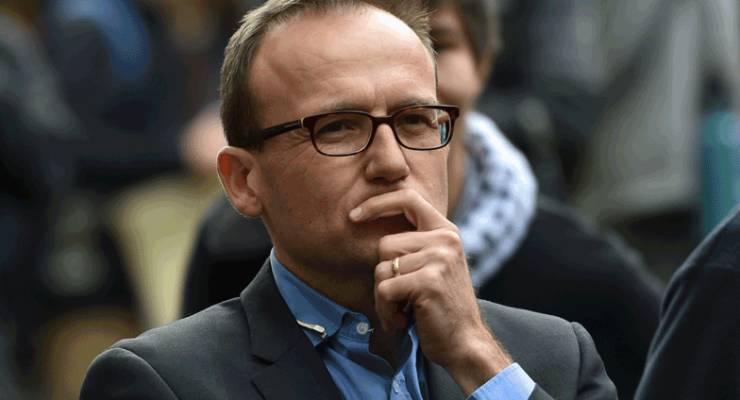
The Greens appear to be backing away from previously strong policy to introduce a “fair use” exception into copyright law as the party seeks to woo votes in the arts sector.
Many lobby groups in the arts industry have been campaigning against changes to copyright law proposed in the Productivity Commission’s recent draft report on Australia’s intellectual property framework. Most of the heat has been focused on a recommendation, following on from the Harper report, that the government remove parallel import restrictions on books.
But some of the complaints have been around the recommendation that the government introduce a fair use exception into copyright law to replace the outdated “fair deal” exceptions, which require most of those who want to use copyrighted material to seek permission first. Fair use would allow copyrighted material to be adapted and used for a variety of purposes.
Those opposed to the change claim it would lead to massive litigation and fear for artists who seek to protect their works. The Productivity Commission addressed many of their concerns in the report, but it remains a point of contention for the industry.
Calls for fair use are not new. In fact, the Greens introduced a bill for fair use into Parliament in 2013 to, as Greens Senator Scott Ludlam said at the time, “remove discrimination to the visually impaired, protect Australia’s libraries, digital innovators and education institutions, prevent Australians paying higher prices for software, games and music and to adopt the US fair use model which allows the law to respond to new technology that was not, or could not, be foreseen by parliamentarians”.
But it appears the Greens have backed away from this policy. Greens arts spokesperson Adam Bandt told an audience of arts sector members at the Wheeler Centre in Melbourne on Wednesday that the Greens were not in favour of the US fair use model.
“I think this is something we have to get out in front of so it doesn’t become the subject of litigation, and the real question has to be: how do we ensure people are fairly remunerated? For me it is a question of fair pay rather than fair use,” he said.
“If that’s our question, then we can approach the subsidiary questions of how we deal with digitisation, the fact that people’s works can be reproduced easily. Work out whether we need changes to our existing laws to forestall the kind of litigation we’ve seen overseas, but I would urge … I think there’s two camps developing here. One that’s just unequivocally pro-US style approach, pro-fair use, and another that is saying, ‘we’ve just got to maintain existing settings and everything will be fine. If only we prosecuted more people for breaches of copyright it would be fine.'”
Bandt said Australia needed to work out how to “get in front of that” because “otherwise Google is going to win, and I want to make sure that Google doesn’t win, the artists win”.
Crikey sought additional comment from Bandt’s office but received no response. On Twitter, however, the MP for Melbourne pointed to policy that stated there needed to be greater engagement with stakeholders before any changes were made to copyright.
Neither Communications and Arts Minister Mitch Fifield nor opposition arts spokesman Mark Dreyfus addressed the matter of fair use. Dreyfus said that Labor would “treat with tremendous caution” any proposed abandonment of parallel import restrictions on books, while Fifield just again reiterated that the government would not reduce the current copyright term.








When a law is too far from what is seen as fair by the public it is largely ignored.
Policy is set by members, not the MPs, and Greens policy on this is clearly in support of fair use (Official policies are published on the website). This is either misleading nuance or MP advocacy for the arts sector from Bandt, either way Greens policy hasn’t changed and can’t change without a member’s policy review.
I actually agree with the gist of what Bandt was saying about the need to reward artists (not publishers), the fact is that’s just one small part of a huge amount of reform that is needed to fix our prehistoric copyright laws.
The public are the largest stakeholder, given they fund it?